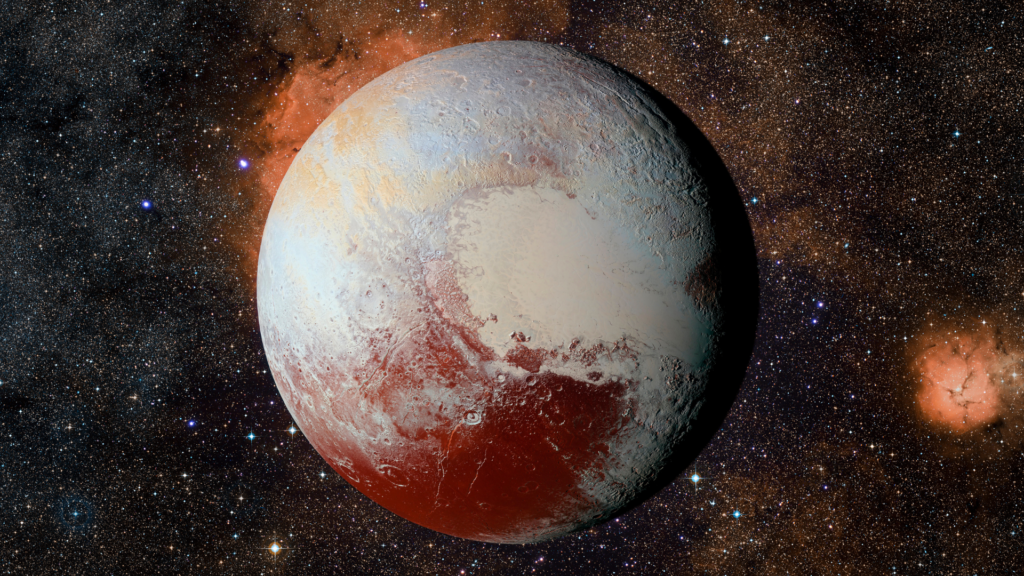Find out what happened to Pluto.
What happened to the ninth planet? How did Pluto disappear? Take heart! It’s still there. Pluto may not show up on some maps of the solar system, but it’s still around. For nearly as many years as humans have been aware of Pluto, there has been an argument as to whether it really should be classified as a planet.
Pluto’s Planetary Status
From the time of Pluto’s discovery in 1930 and all the way until 2006 Pluto was considered a planet. However, in 2006 the International Astronomical Union (IAU) formally defined the term planet for the first time and poor little Pluto got left out. There had been discussion for years about defining a planet as a body that revolved around the sun and was of a certain size. Part of the reason for this was specifically to finally make the official decision as to whether or not Pluto was a planet.
What was the Problem

The real problem was that in recent decades asteroids have been found which are larger than Pluto. Pluto is a very small planet, or I should say, a very small object orbiting the sun. It is so small, in fact, that it only has roughly one-fifth of the mass of our moon. There is another object near Pluto named Charon. It is considered a moon of Pluto but in reality, the two objects revolve around some point in between them, so they are actually a binary system with neither one truly orbiting the other.
In the end, the definition that the IAU came up with for a planet was that it must revolve around a star and not something else like a planet. It must be basically round, and there must not be anything else near its size within its orbit. Because of this last parameter, Pluto could no longer be considered a planet.
Pluto joined a newly defined subclass of planets known as dwarf planets. These are objects that meet the first two criteria for the definition of the planet but not the third. Along with Pluto two other objects we know of in our solar system also meet the definition of the dwarf planet. They are named Ceres and Eris. One of these, Eris, is actually larger than Pluto. Ceres is roughly half Pluto’s size.
The New Definition
The end result of all of this depends on your point of view. Some people are upset that by definition we now have only eight planets in our solar system. Others are thrilled that we have eight planets and now three dwarf planets. Of course, these bodies have all been there all along; it’s simply a matter of definition.
Pluto has disappeared from some maps showing only the sun and eight planets (and for some odd reason, our own moon in most cases). But others have actually added more heavenly bodies with the additions of Ceres and Eris.
If you’ve been asking yourself how did Pluto disappear? rest assured, it’s still there, and it’s still Pluto. It’s now simply classified as a dwarf planet.

